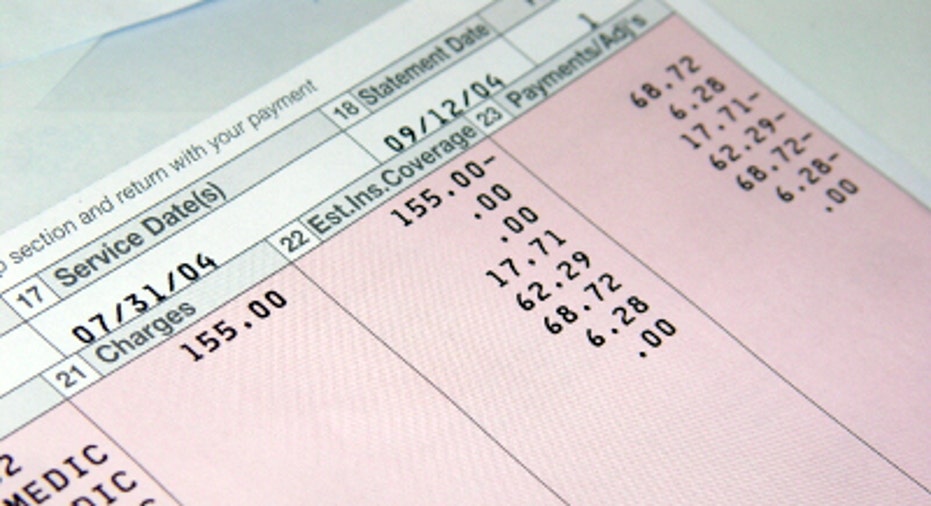Tips for Taking Health Care Tax Deductions

Consumers with high medical bills can catch a break when filing their taxes.
Whether you are an individual with private health insurance, an employee offering a company-sponsored health plan or are self-employed, there are ways to deduct some of the costs associated with your health expenses.
“Many consumers overlook credits and deductions built into the tax code that are designed to make medical care and health insurance more affordable,” says Keith Mendonsa, group specialist at eHealthInsurance. He recommends consumers with high medical expenditures in 2012, run small businesses or cared for aging parents educate themselves on the opportunities to deduct a portion of these expenses from their federal income tax.
HSAs
Health savings accounts (HSA) are a common tool used to save money on medical care. HSAs are offered with certain insurance plans, and allowed tax-free contributions up to $3,100 for individuals and $6,250 for a family in 2012. So if you deposited $3,000 in to your health savings account and you made $100,000, you would only be taxed on $97,000. There’s still time to increase your deduction: Any contributions to your HSA made before April 15 can be counted toward your 2012 taxes.
“Health savings accounts (HSAs) pair a tax-advantaged savings account with a qualified high-deductible health plan, which typically costs less in monthly premiums when compared to more traditional health insurance,” says Ellen Laden, a spokeswoman from UnitedHealthcare’s Golden Rule Insurance Company. “What you save on your health insurance premiums can be deposited into your HSA and used to pay your deductible and qualified medical expenses, including those not usually covered by health insurance like dental and vision care.”
You don’t have to itemize medical expenses when filling out your tax return to be eligible for the deduction, but you should still keep receipts to show you only used your HSA to pay for or reimburse qualified expenses, advisees Cara Sjodin, vice president, Health Wealth Advisor Services for Optum.
Itemized Deductions
If you are itemizing deductions on your tax return, the IRS allows you to deduct expenses you paid during the year for medical and dental care for yourself, spouse and dependents. Here’s the catch: in order to take the deduction the total medical expenses for the year have to exceed 7.5% of your adjusted gross income. That percentage increases to 10% for 2013. For example, if you made $60,000 in 2012, your medical expenses would have to be greater than $4,500 in order to take the deduction.
The IRS will let you deduct payments to doctors, in-patient hospital care or nursing home services, prescription drugs, insurance premiums, the costs associated with going to and from the doctor and certain dental work.
“We had a few clients recently who spent $20,000 on veneers and now have a pretty good write off,” says Mendonsa. “What you want to do is take a look at your adjusted gross income and calculate all those medical expenses including your premiums. If it’s over 7.5% write that off on the itemized list.”
Care for the Elderly
If you provide half the financial support for an aging parent that has earned less than $3,800 for 2012, excluding Social Security, you can claim the parent as a dependent, which can yield you more tax savings.
Owning Your Own Business
If you are self-employed, you may be able to deduct health insurance premiums for you and your dependents as an “above the line” business expense, which means one that you don’t have to itemize.
According to Mendonsa, if you are eligible to join an employer-sponsored plan you won’t qualify for the deduction. Although he recommends keeping in mind that you can’t claim your monthly health insurance premiums as a “above the line” expense and also itemize it.



















